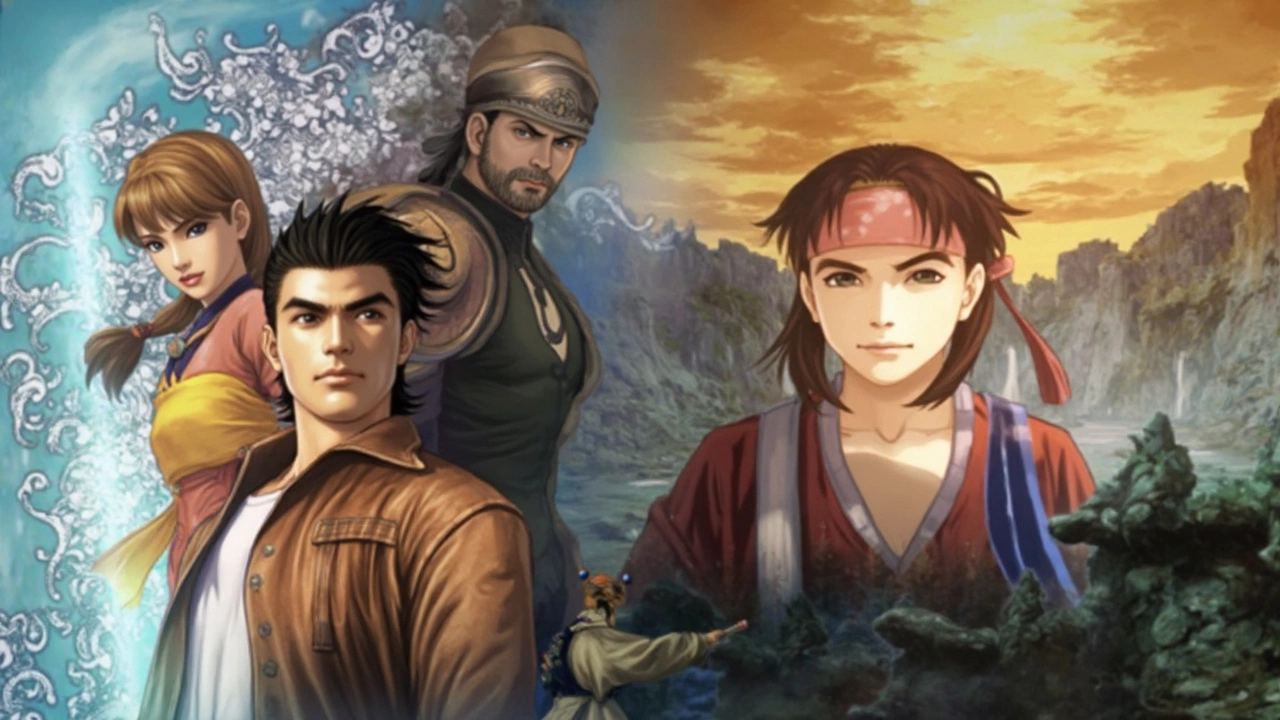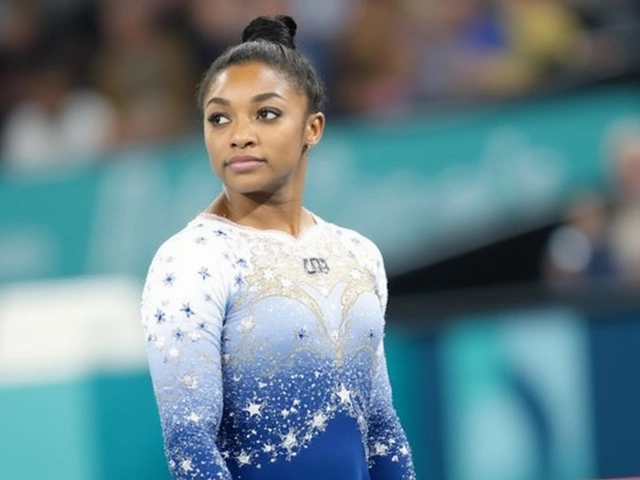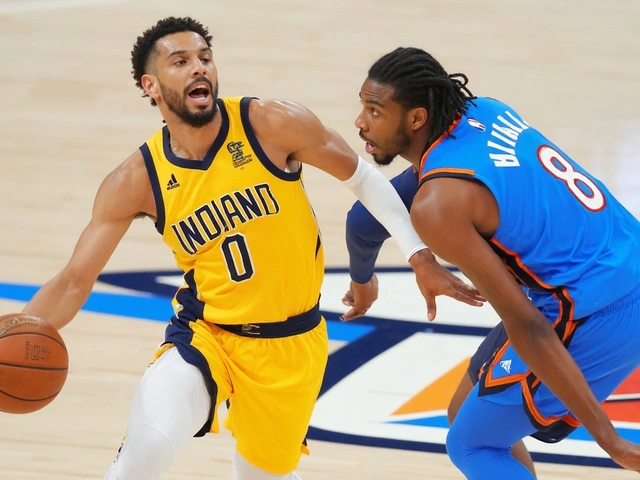Shenmue Tops BAFTA List as Most Influential Video Game Ever, Outshining Classics
Shenmue Overtakes Gaming Giants in BAFTA's Landmark Poll
The gaming world loves a good debate about "the greatest of all time," but few would have guessed that Shenmue—a cult favorite that premiered nearly 25 years ago—would come out on top in BAFTA's latest poll of the most influential video games. This isn't just any list compiled in secret by a clutch of critics; BAFTA let the gaming public decide ahead of their 21st BAFTA Games Awards, and the result was a seismic surprise for anyone expecting the usual suspects at number one.
Designed by Yu Suzuki and released in 1999 on the Sega Dreamcast, Shenmue was always a bit ahead of its time. Critics and fans remember it for its proto-open-world design that felt alive in a way few games had managed before. Walking the streets of Yokosuka, you weren’t simply moving from cutscene to cutscene—you lived alongside characters with actual routines and shifting personalities. When BAFTA announced the results on April 3, 2025, it wasn’t just nostalgia speaking. The poll’s outcome spotlighted how Shenmue’s DNA still runs strong in many modern titles—most famously inspiring the vibes and mechanics we see in Yakuza games today.
BAFTA’s poll didn’t skimp on competition. Shenmue outpaced titans like Doom, Super Mario Bros., Half-Life, and The Legend of Zelda: Ocarina of Time—each a game-changer in its own right. But what gave Shenmue the edge? BAFTA specifically pointed to its pioneering use of Quick Time Events, or QTEs, which keep players on their toes with moments that blur the line between cutscene and gameplay. Add in its system of NPCs with their own lives—opening shops, catching the bus, and even heading home after their shifts—and you get a sense of a living, breathing world years before open-world became a buzzword.
Cinema, Storytelling, and Fierce Fandoms
The full top 21 was more than just a hit parade. BAFTA’s voters made sure to acknowledge games that have carved their own niches in the fabric of gaming. Take Minecraft, which landed at number 6 and redefined a generation’s ideas about creation and community. Or classic block-dropper Tetris showing up in 11th, a reminder that a simple idea can have a global impact. From the brutal challenge of Dark Souls in 18th to Grand Theft Auto 3’s sandbox chaos in 19th, each winner tells a different story about how games shape how we play—and how we remember.
Not everyone agreed with Shenmue’s victory. The poll set off waves of online debate, with some fans crying foul and others crediting a fiercely mobilized community for pushing the game to the top. But even those raising eyebrows can’t ignore Shenmue’s legacy. Modern open-world games owe much to the immersive details established here—think carefully curated towns, weather that really matters, and a sense of place that’s hard to shake. BAFTA itself leaned into the moment, teaming up with DCM to roll out a cinema trailer that put a spotlight on video game storytelling, celebrating not just technical leaps but the way games wrap us up in their worlds.
Shenmue may not have sold in the tens of millions, but you can feel its influence in the quiet moments of games today—the pauses, the lived-in spaces, the sense that a digital street has a story before you even show up. That’s the power of true influence, and for a game once labeled an experiment, it’s not a bad legacy to leave behind.





